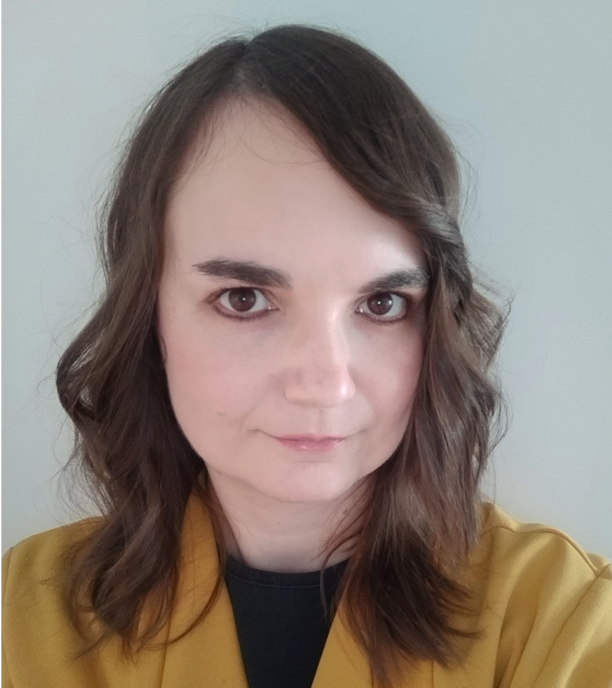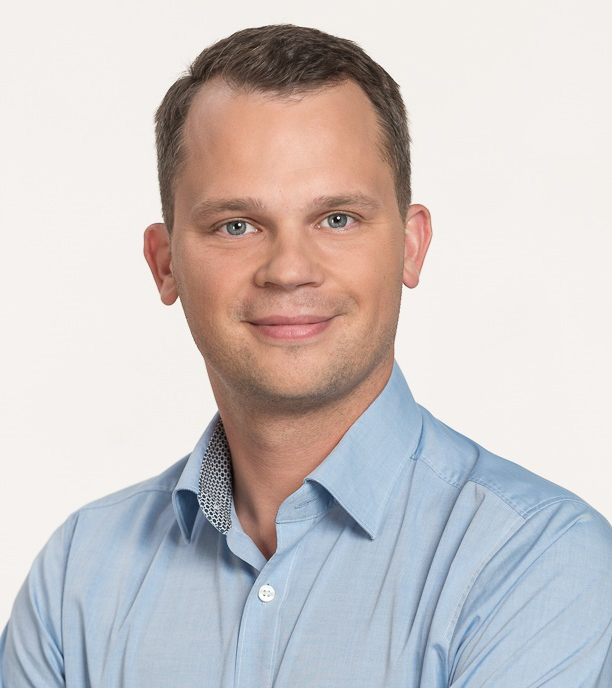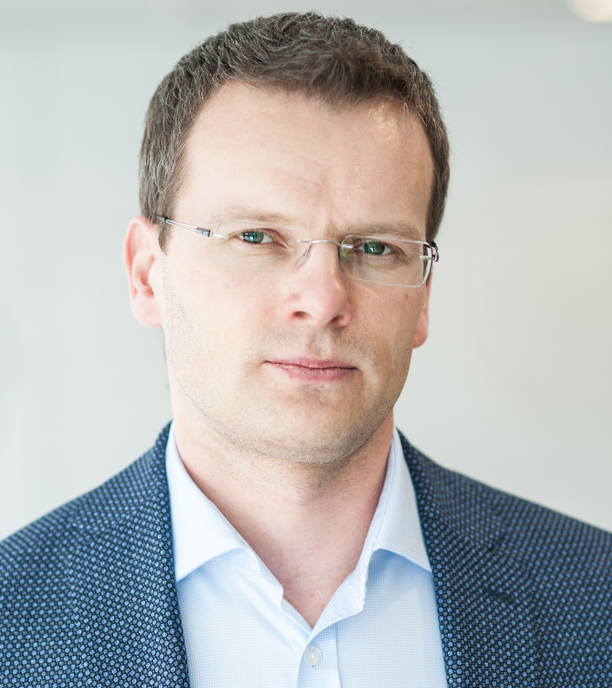Will modern education welcome modern technology such as virtual reality with open arms? What could be the advantages, and what are the risks? Thanks to immersion, or the feeling of being completely immersed in a virtual world, the viewer’s experience is very intense. Students can move through time and space: change continents, dive into the ocean, fly into the skies, meet ancient Romans, Egyptians and even dinosaurs.
The use of VR in education seems particularly important in training cognitive functions, or to simulate real situations from everyday life. Ways to use VR technology in education and the effects of these activities will be discussed by the participants of this panel.
Central Technology House
Impact of VR technology on the effectiveness of knowledge transfer
Participants
University of Silesia
Anna
Sokołowska

Manager, mentor and author of training programmes.
She is responsible for the overall functioning of the Central Technology House in the area of educational activities, promotion of new technologies and space management. For many years, she has been creating and leading projects for children and young people, thanks to which they convert theoretical knowledge into competences. She invites the world of business to education, the world of education to technology and young people to discover and use their potential. She has experience in cross-sectoral cooperation, bringing together public administration, business and education in joint initiatives.
Previously associated with the Lesław A. Paga Foundation, as coordinator and then managing director of the organisation. Coordinator of national and international training projects, initiator of youth cooperation within the Visegrad Group. She specialises in the fields of education, competence training and the labour market. She supported the development and operation of internship programmes of the largest companies in the financial sector.
Graduate of the Faculty of Applied Social Sciences at the University of Warsaw, privately a mother of 2 daughters of preschool age.
Monika
Frania PhD

Doctor of Humanities (2011). She completed her master’s studies in pedagogy (2005) at the University of Silesia in Katowice, Faculty of Pedagogy and Psychology, and her master’s studies in political science, specializing in journalism and social communication (2007) at the Faculty of Social Sciences. She is currently employed as an assistant professor, and her research is focused on issues related to digital and media education, new technologies and innovations in teaching. Preparing future teachers for work, she tries to convince them to a creative methodological approach.
Winner of the TRANSFORM4EUROPE Innovative Teaching Award (2022). He cooperates with practitioners and theoreticians of media and digital education from many European universities.
In 2016-2018, she was a member of the Main Committee of the National Digital Olympiad for high school students of the Modern Poland Foundation in Warsaw. It popularizes science among a wider audience during such events as: Silesian Festival of Science, Meetings with Science and Student Life, Festival Znanosti (Split, Croatia). Privately: an after-hours traveler.
Agata
Smolak

Agata Smolak is academically and professionally engaged in youth policy as one of the public policies implemented in Poland. When analysing and implementing various aspects related to the policy, she pays special attention to the link between the education sector and the youth labour market. Given these interests, the topic of her dissertation is, “Youth policy in the vocational education sector. A case study of vocational training schools with entrepreneurs’.
As part of her academic work, she conducted three research projects using a range of research methods, tools and techniques used in the humanities. The topics of the research projects concerned the analysis of changes and trends in the education process as well as the labour market. The first project concerned the study of cooperation between the education system and the business sector, the subsequent research concerned the analysis of soft competences (i.e. future competences), as well as professional competences (i.e. hard competences) in the context of the transition of young people from the education system to the labour market and personnel needs of the labour market.
Agata Smolak, holds a master’s degree in social sciences in political science from Cardinal Stefan Wyszynski University in Warsaw. In addition, as part of an academic exchange programme, she studied at the Catholic University of Leuven, Belgium. During her most recent year-long stay, she analysed public policy initiatives undertaken by the European Union, with a particular focus on youth policy. As part of her scholarship, she completed the course, organised by the European Commission and the Council of Europe, ‘Essentials of youth policy’. She was awarded many national and international scholarships and won the essay competition What is the greatest challenge facing trans- Atlantic relations and how would you overcome it? conducted by the European Academy of Diplomacy in Warsaw, thanks to which she had the opportunity to broaden her knowledge by participating in international internships in, among others, the US Congress in the office of Congressman Frank James Sensenbrenner Jr. in Washington and in the European Parliament as a Schuman Programme intern in Brussels. In addition, she has written for student periodicals as well as the New Journal newspaper in New York.
Currently, Agata Smolak is the president of the NGO Mladiinfo.pl, which is part of a network of organisations working in Central and Eastern Europe and the Western Balkans. The organisation pursues its goals by implementing innovative projects in the education sector.
Bartosz
Michalak

He is a graduate of the Warsaw University of Technology and the founder of the Edutech Expert company specializing in the distribution of the latest technologies for education and industry 4.0. He is passionate about 3D printing, robotics and virtual reality. He was one of the initiators of the Laboratories of the Future program aimed at creating modern schools and helping students acquire the competences of the future. Since 2021, he has been co-creating the first eduVR virtual reality system in Poland dedicated to education. It is a VR system with interactive educational modules for primary and secondary schools.
Wojciech
Sak

Expert in the fields of business development, new technologies, operation of educational systems worldwide. He has 15 years of experience in the area of information technology application in education. For almost 14 years, he has held the position of Director of Business Development at Nowa Era, and for 3 years he has been Vice President of the Management Board at VULCAN. He uses his experience in managing international projects to implement business strategies.
